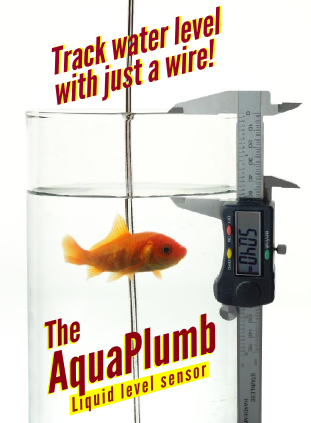Fine Art Price Calculator
See our other Fine Art Resources.
Artists have a difficult time pricing their work. They seem to believe that there is some sort of magic behind the process. As such, artists often short sell themselves or are taken advantage of by the art buying public, or by commercial galleries that may have a different set of financial interests. Because artists don't factor in all of the costs, they often end up pricing a piece such that they are making below minimum wage, or even loosing money when they actually sell a piece.
Likewise the art buying public have a difficult time pricing art because they are used to purchasing mass produced products, and do not fully appreciate the time, skill and effort that goes into creating a unique and custom piece of art. An art customer that normally would find it unconscionable to pay another human being below the minimum wage, will often expect a fine artist to sell her works at a reduced price, not because of any malice, but because of ignorance. It is therefore the artist's obligation to help educate potential buyers. The process is simple:
- Let the buyer know that they are considering purchasing something completely unique and custom. Something that no one else will own, as opposed to a mass produced sofa.
- Ask the buyer if they have they have the talents, and capability to create a piece of art such as the one they are interested in.
- Ask the buyer how many friends and people that they know have the talents and ability to create such a work.
- Mention the rates of other professions such as engineers which typically bill at $50-$150/hour, or lawyers $200-300/hour.
- Ask the buyer if someone who is able to create a similar work should be paid minimum wage, or something more reasonable like other professions.
- Agree on an hourly rate that is reasonable, and on a piece of paper write down the hourly rate.
- Ask the buyer, if they possessed your same talents, how long they think it would take for them to create the piece.
- Tell the buyer how long it actually took to create the piece.
- Do the math for them. On the piece of paper multiply your hourly wage by the number of hours.
- Let them know the costs of any materials that were used in creating the piece if these where significant.
- Ask them if they would like to keep the frame, or not. If yes, then add this into the cost.
- Tell them that this is the "wholesale price" of the item, and not the "retail price".
- Let them know that the gallery typically takes half in commissions of the retail, which leaves you with half.
- Multiply the wholesale price, by 2 and tell them that this is the fair price that you have to charge to make a fair living.
When selling art through a gallery you need to realize that the gallery has different incentives. They do not care about you, or care that you are fairly compensated, or that you are even making minimum wage. Because wall space is finite, they want to sell the art as quickly as possible, so that they can put up a new piece. In some respects they are like a restaurant business in that they only have a finite number of tables, and so they want customers to come in, eat, and leave as quickly as possible. There are only two ways for them to sell it quickly: to have good art, and to have it priced below it's true value.
Never let a gallery tell you what your art is worth, because there is an inherent conflict of interest. If they sell art below market value, they still make a killing even if you don't make a dime. Never let a gallery tell you that you need to sell your art at a reduced rate because you are unknown. Figure out your minimum hourly rate, and then as you mature as an artist, or find that you can't keep up with demand, steadily increase your rate, year after year.
This simple calculator takes away the mystery of pricing art.
Equations:
Price of Piece= (hours*salary_per_hour + materials_cost + frame_cost) / ((100-gallery_percentage)/100);

